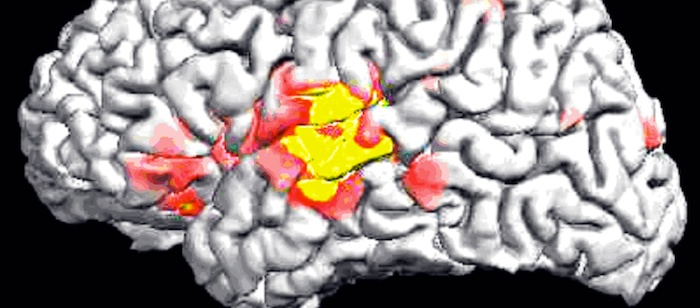
Letting the data speak — from blind to semi-blind source separation
Dr. Ronald Phlypo
Research Associate, MLSP lab, UMBC
1:00pm Friday, 1 February 2013, ITE 227, UMBC
Blind source separation has known a vivid and rapid expansion during the nineties. Alleviating the need for prior physical knowledge—such as the geometry of the antenna array—allowed for data-driven exploration of the data, based on the sole, but natural assumption of independence. In this talk, I will focus on blind source separation, with specific applications in biomedical signal processing. Since independence allows to have an identifiable model under very few assumptions on the data, it is indeed widely praised as a candidate objective for source separation. However, it will be shown that independence alone is not always sufficient to permit for a physically or physiologically interpretable signal. During this talk, I will show some proposed solutions that add minimal extra assumptions on the data, allowing to identify physiological "sources" from electroencephalography, electrocardiography, and functional magnetic resonance imaging. I will also shortly demonstrate why the linear mixture model is indeed an appropriate model for these biophysical signals.
Ronald Phlypo obtained a degree in industrial engineering at the KHBO, Ostend, Belgium ('03) and a master in artificial intelligence at the KULeuven, Leuven, Belgium ('04) where he completed his master's thesis under the supervision of prof. S. Van Huffel. While pursuing his PhD degree at the University of Ghent, Ghent, Belgium, he visited the I3S lab and worked with P. Comon, M. Antonini and V. Zarzoso. From Jan'10 to Feb.'12 he was a research associate at GIPSA lab, Grenoble, France and since April'12 a research associate at the UMBC -MLSP lab, Baltimore, USA. His research interests are in blind source separation, statistical signal processing, and machine learning.